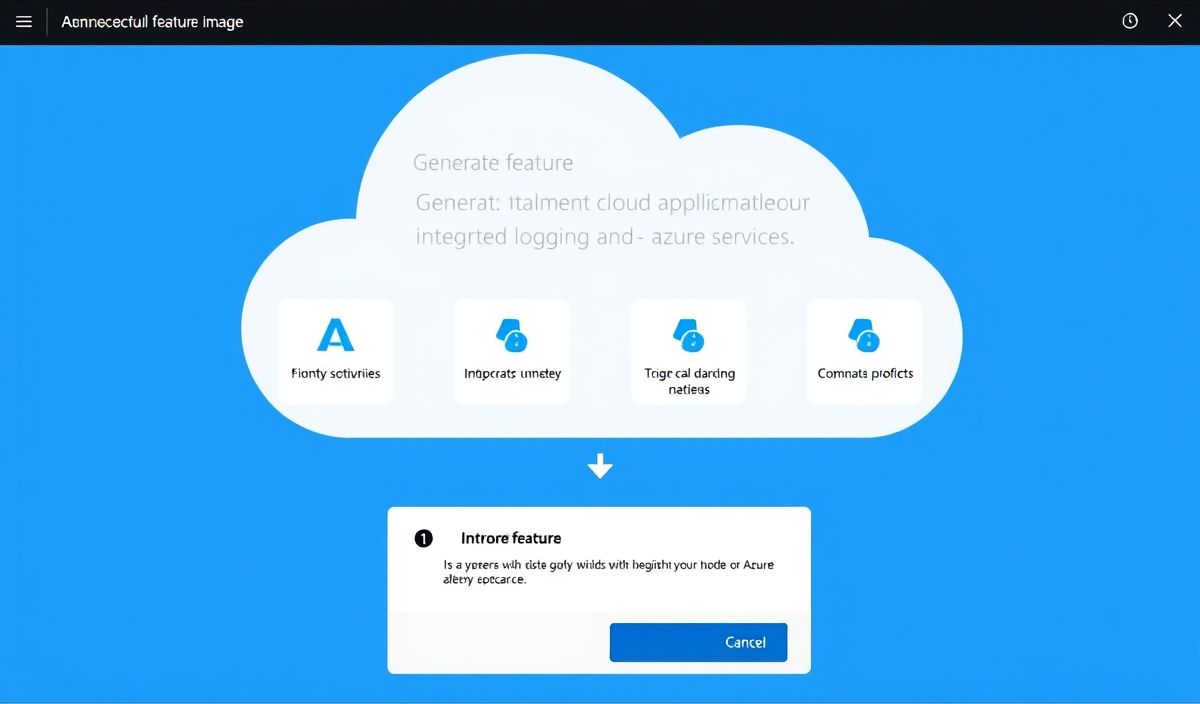Introduction to uWS – Fast and Efficient WebSockets
uWebSockets (uWS) is a highly efficient, scalable, and lightweight WebSocket library written in C++. It is designed to handle high-throughput without sacrificing performance, making it an excellent choice for real-time web applications.
API Examples
In this section, we’ll explore some of uWS’s most useful APIs.
Creating a WebSocket Server
const uWS = require('uWebSockets.js');
uWS.App().ws('/*', {
/* Options */
compression: uWS.SHARED_COMPRESSOR,
maxPayloadLength: 16 * 1024 * 1024,
idleTimeout: 30,
/* Handlers */
open: (ws, req) => {
console.log('A WebSocket connected!');
},
message: (ws, message, isBinary) => {
/* Use our efficient sending methods */
ws.send(message, isBinary);
},
close: (ws, code, message) => {
console.log('A WebSocket disconnected!');
}
}).listen(9001, (token) => {
if (token) {
console.log('Listening to port 9001');
} else {
console.log('Failed to listen to port 9001');
}
});
HTTP Server with WebSocket Support
const uWS = require('uWebSockets.js');
uWS.App().get('/hello', (res, req) => {
res.end('Hello World!');
}).ws('/*', {
open: (ws, req) => {
ws.send('Hello WebSocket Client!');
}
}).listen(9001, (token) => {
if (token) {
console.log('Listening to port 9001');
} else {
console.log('Failed to listen to port 9001');
}
});
Handling Backpressure
const uWS = require('uWebSockets.js');
uWS.App().ws('/*', {
message: (ws, message, isBinary) => {
if (ws.getBufferedAmount() < 16 * 1024 * 1024) {
ws.send(message, isBinary);
} else {
console.log('Backpressure, slow down sending!');
}
}
}).listen(9001, (token) => {
if (token) {
console.log('Listening to port 9001');
} else {
console.log('Failed to listen to port 9001');
}
});
Broadcasting Messages
const uWS = require('uWebSockets.js');
let clients = [];
uWS.App().ws('/*', {
open: (ws, req) => {
clients.push(ws);
},
message: (ws, message, isBinary) => {
for (let client of clients) {
client.send(message, isBinary);
}
},
close: (ws, code, message) => {
clients = clients.filter(client => client !== ws);
}
}).listen(9001, (token) => {
if (token) {
console.log('Listening to port 9001');
} else {
console.log('Failed to listen to port 9001');
}
});
Integrating WebSocket and HTTP
const uWS = require('uWebSockets.js');
uWS.App().get('/status', (res, req) => {
res.end('Server is running!');
}).ws('/chat', {
open: (ws, req) => {
ws.send('Welcome to the chat!');
},
message: (ws, message, isBinary) => {
/* Handle incoming chat messages */
// Broadcast the message
app.publish('broadcast', message, isBinary);
},
close: (ws, code, message) => {
console.log('A WebSocket disconnected!');
}
}).listen(9001, (token) => {
if (token) {
console.log('Listening to port 9001');
} else {
console.log('Failed to listen to port 9001');
}
});
Application Example
Let’s build a simple chat app that uses uWS for WebSocket communication.
const uWS = require('uWebSockets.js');
const clients = new Set();
uWS.App().ws('/*', {
open: (ws) => clients.add(ws),
message: (ws, message, isBinary) => {
for (let client of clients) {
if (client !== ws) {
client.send(message, isBinary);
}
}
},
close: (ws) => clients.delete(ws)
}).listen(9001, (token) => {
if (token) console.log('Listening to port 9001');
else console.log('Failed to listen to port 9001');
});
Here, a simple uWS-based WebSocket server is set up. Clients can connect, and any message sent by one client is broadcast to all other connected clients, implementing a basic chat functionality.
Utilize uWS to build efficient, high-performance real-time applications.
Hash: 158850fbccadf9aaa3ed92fd26feac43b7ff66f0153df446bbef4ffa506f91fb




